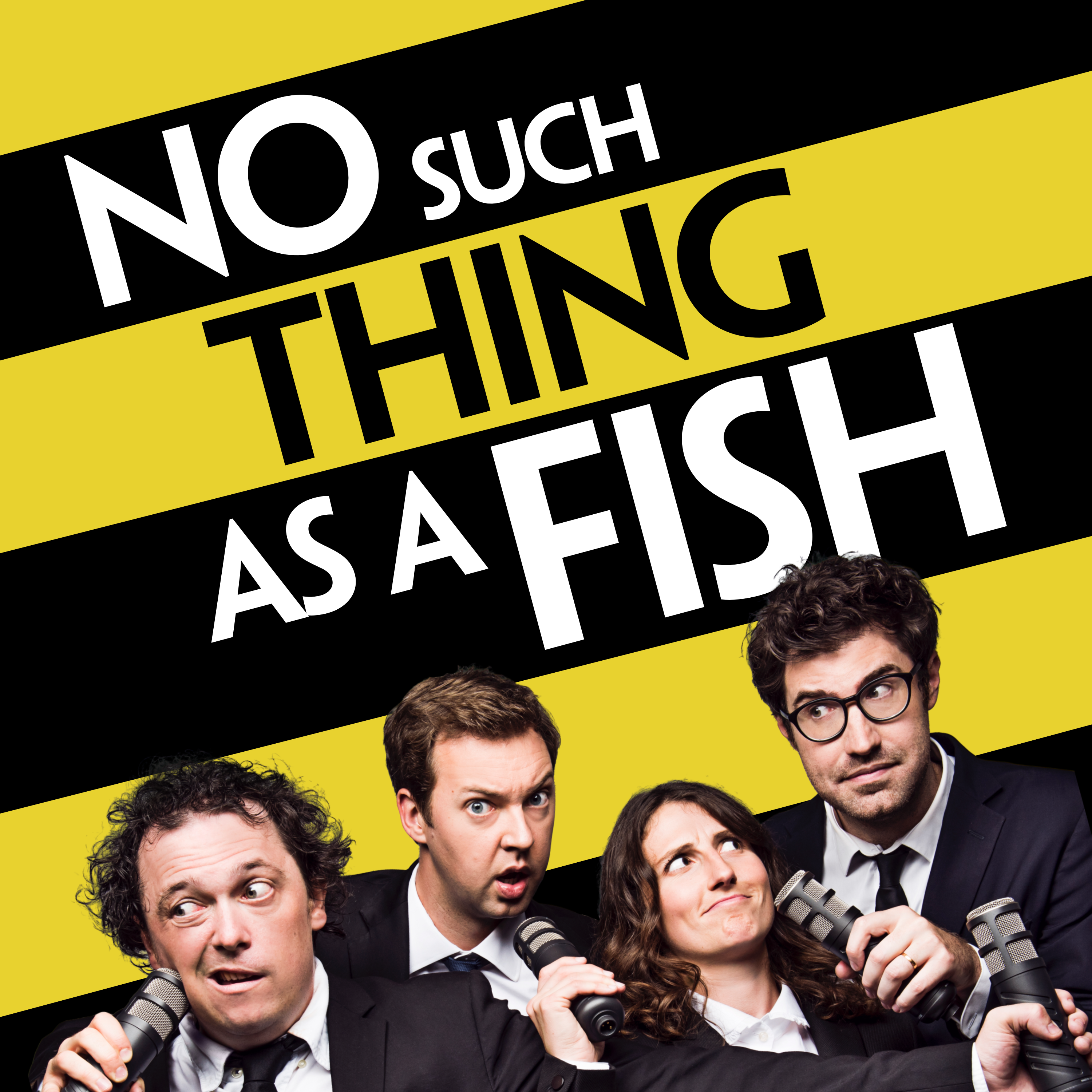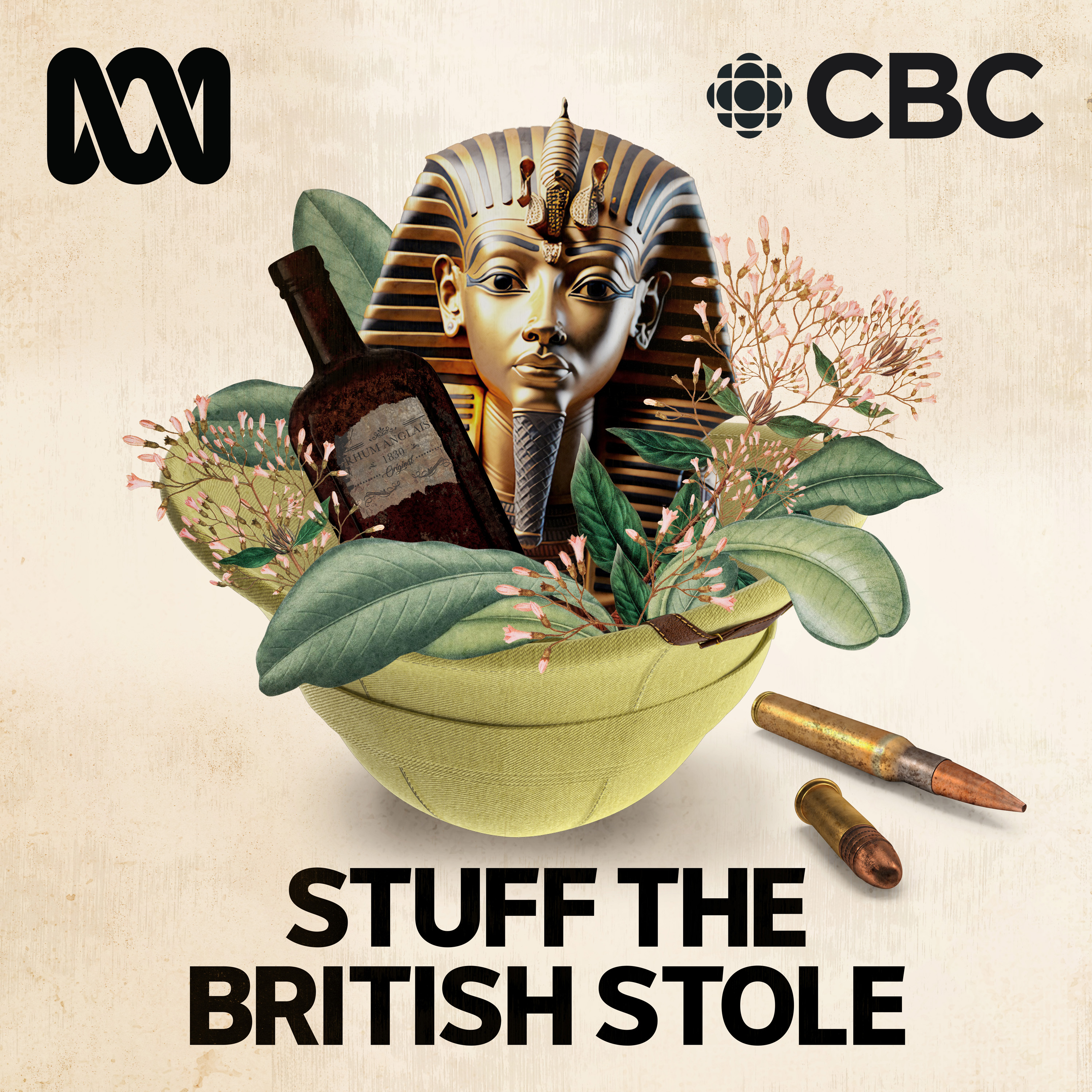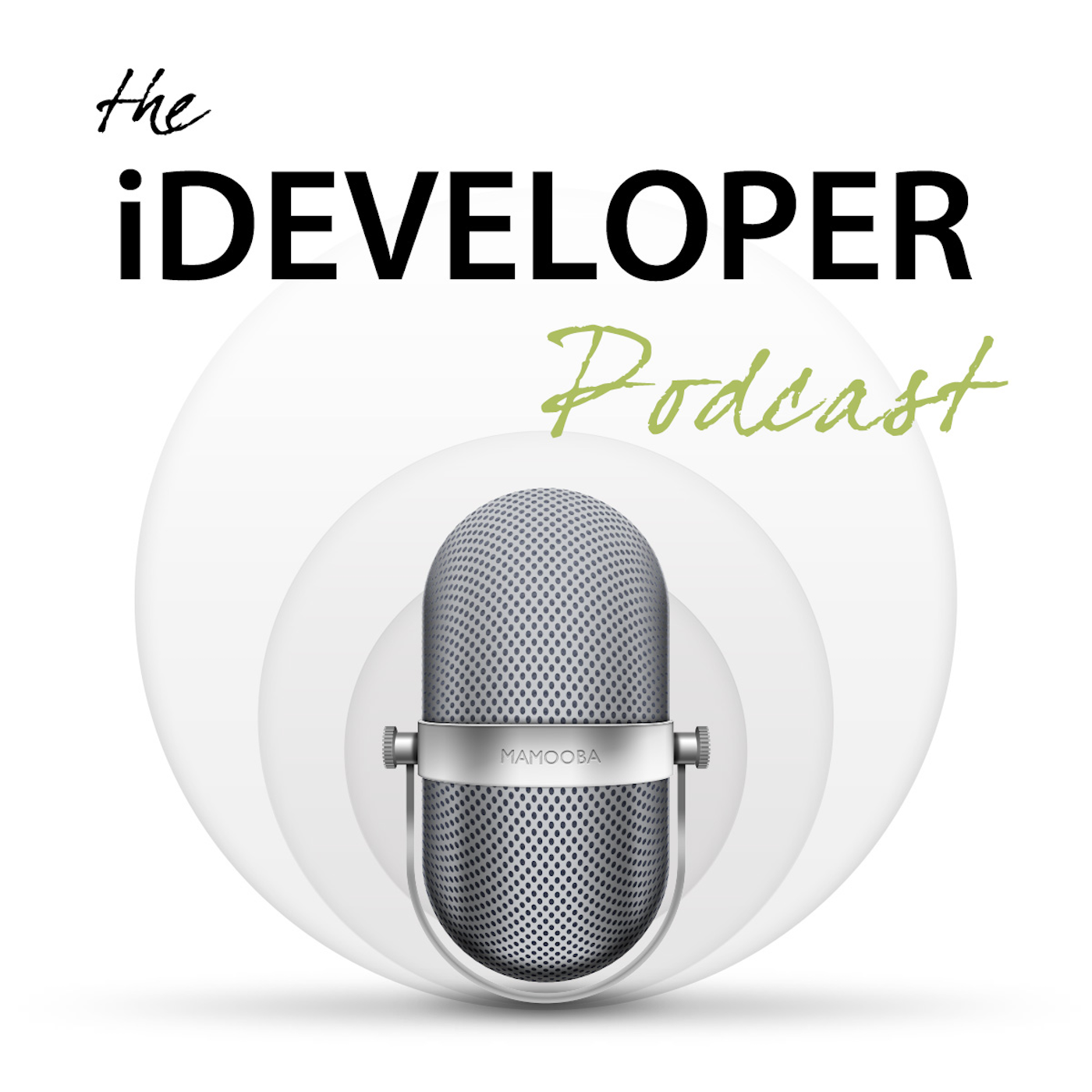
Piano, finally
Piano Finally is a podcast by an old bloke who is learning the piano, finally. I cover the process of learning the piano and music theory as an adult learner. I also review piano books, hardware and other materials from an adult learner's perspective.
Piano, finally
Episode 63 - Narrow or Broad
🎙 Episode 63 – Narrow or Broad
Welcome back to Piano, Finally. Apologies for the break last week—I came down with Influenza A and even had to miss my lesson with Devi. Thankfully the antivirals worked, and I’m back at the keys (though you may still hear a touch of it in my voice).
This week included some extra performances by senior students preparing for their exams—Beethoven, Rachmaninoff, and Dire Straits were all on the program. It’s a reminder of just how diverse the world of music can be.
📝 Essay – Narrow or Broad
With centuries of repertoire and new music arriving daily, none of us can possibly cover it all. The real question is: do we specialise or spread ourselves broadly? Professionals often find success by narrowing their focus, as Christopher Hogwood and the Academy of Ancient Music
demonstrated in the early music movement. But for amateurs like most of us, exploring broadly opens doors we might not otherwise try. I discovered how much fun blues could be thanks to Andrew Craggs’ Blackout Blues—a piece I never would have chosen myself. Being broad means staying open to surprises.
🎹 Review – Organteq 2 by Modartt
Alongside Pianoteq, Modartt also make Organteq
, a modelled pipe organ instrument. Version 2 offers Baroque, Romantic, and Neo-Classical organs with incredible flexibility. Played through a subwoofer, the 32’ stops literally shake the room. Inspired by Ben Maton’s Salisbury Organist videos, I took the plunge—and it’s been both fun and inspiring. The trial version is free, so it’s worth exploring.
🎶 Out West Piano Fest
More details are out for the Out West Piano Fest
in Bathurst this October. The program features five concerts, with soloists including Rachelle Durkin (soprano) and Harry Bennetts (violin). Expect a romantic-heavy program in a stunning regional setting.
🎼 Progress
To prepare for the September showcase, I’ve been practising on the Nord Stage 4 instead of the Kawai—closer to the Yamaha that will be used on the day. The focus has returned to my four older pieces: Spindler’s Canon, Türk’s Bagatelle in F, and Craggs’ Afternoon Snooze and Blackout Blues. Oddly enough, a short break from Blackout Blues seems to have helped—it’s sounding better than ever.
You can contact me:
- via email at david@pianofinally.show; this is probably the best option
- the show website, www.pianofinally.show
- Instagram and Threads @pianofinally
- and on YouTube
- all the podcast directories - list
- here's the RSS feed
Some of the links to books and other items mentioned in the podcast may affiliate links for Amazon or other providers. If you use one of these links, a commission may be paid to me at no additional cost to you. Thank you if you use a link.
All reviews of products, websites and services are unpaid, and no sponsorship has been received for any content on this podcast.
to Piano, Finally, a podcast by an old bloke who's getting around to learning the piano. Finally. Welcome to show number 63. Thank you very much for listening. If this is the first time you're hearing the podcast, I hope you enjoy what's here. If you're back for another episode, then thanks for returning. If you too are learning a musical instrument, let me know how you're going with it. You can contact me at david at pianofinally.show. Sorry there wasn't a show last week. On Friday night a week ago, we had the school's winter sleep out, and all went well. I was fine on Saturday, and wrote all the material for the podcast. And then, after lunch on Sunday, I began to feel very unwell. So much so that recording the podcast was just too much. I ended up having to take Monday and Tuesday off work, and I had to cancel my piano lesson with Devi this week. I am feeling much better now. It turned out it was just a bad case of influenza A, and the antivirals from the doctor worked well, so I'm back this week. You can probably still hear some of the effects in my voice. I feel fine, but it always takes a few days for my throat to recover. The extra music performances I got to this week were in the form of the senior students showing off their performance works for the upcoming exams. There were some Beethoven, Rachmaninoff and Dire Straits. The performances were great and all the musicians are well on their way towards the upcoming exams. Their exams are in the form of video that they'll need to submit to the markers, so perhaps that's not quite as stressful as a live performances that used to be required. The evening also included a show of the woodwork, textiles and artworks in addition to the music and it was interesting to see how far all the students have progressed from the previews earlier in the year. The food technology students even catered the evening. Narrow or broad? There is a lot of music round. I tried to find out how much new music is produced each day, but no one seems to have any idea, except to say that it's a lot. It's almost certainly not as much as YouTube, where around 500 hours of content is uploaded each minute, but it is definitely more than you could possibly keep up with. When you add in the fact that there is over 400 years worth of music written in what we would recognised as modern notation, there is no way that any one person could even listen to all of it, let alone learn and perform it. So we have to be fairly ruthless when it comes to selecting music to make part of our repertoire. So far, this hasn't been a big problem for me, as the range of music I can actually play is quite limited. But it is slowly expanding, and I'm going to have to make some decisions. The first is whether to specialise or go more general. Up until now, the range of genres I have tackled has mostly been determined by the AMEB and ANZCA syllabus books I have been using. These have been classical and jazz boogie-based and I haven't really seriously looked at other work. I'm still working on the descending scale in Riders on the Storm and there was a brief flirtation with Adele's Someone Like You until my students' plans didn't eventuate. But my playing choices have been narrowly defined. Going forward, when you have developed enough piano skills that you can reasonably approach many different pieces, it's time to decide whether you want to specialise. Should you concentrate on one genre and become an expert or become proficient across the board? There are many pianists who seem to specialise in the music of just one composer. Having watched a lot of the Chopin competition videos, it would appear that there are some who really put their all into playing his music, and this must, to some extent, exclude the music of other composers. Specialising in the music of Chopin, or the piano music of Mozart or Beethoven, still gives you a vast array of works to learn and perfect. I am sure that you could quite happily work your way through mastering their compositions and still have a great deal of enjoyment. After all, they're not as famous as they are without a good reason. Combined with a bit of academic work, and there is no doubt that you could become an expert in the composer's output. But would it be satisfying, and are there dangers? I suppose it depends on why you're playing. If you're a professional musician trying to make a niche for yourself in the music industry, then having a narrow focus on your music may well be a good idea. When I first started to have enough money to regularly buy CDs, this was in the early 1980s, just after they began to become available in Australia, I discovered Christopher Hogwood and the Academy of Ancient Music. This group specialises in playing Baroque and classical music on original instruments and in period-correct ways. At the time, they were a huge part of the early classical music industry and are still performing today, although under their new music director, Laurence Cummings. A narrow focus on professional playing makes sense. The music industry is increasingly crowded, companies like Spotify are making it difficult for some artists to make a living from their work, and so specialising and becoming an expert may allow you to comfortably survive and as you are charging people for access to your work, it needs to be of a high standard. I'm guessing though that most of the pianists listening to this podcast are not professionals. You're amateurs who play the piano mainly for the enjoyment it brings you and your friends and family. If you do happen to be a professional, please drop me a line and let me know about your music. As amateurs, I think we should go the opposite way and choose our music as broadly as possible, mostly because, as we start out, we have no idea what we might be good at. If you had asked me six months ago if I liked blues music, I would have said that I thought it was alright, but it wasn't the sort of music I'd choose to listen to. Then Devi suggested that I learn Andrew Craggs' Blackout Blues as one of my pieces, and I found that I really enjoyed the challenge of learning to play it. I still wouldn't put blues near the top of my favourites list, but I'm quite glad that I added the piece. There is a danger of having too narrow a focus when starting out. I don't know enough to make well-grounded choices, so I need to be flexible. If I had not been open to the adventure of choosing a piece that was very different to the classical pieces, then I would be missing out on some fun musical experiences. Be broad, pick pieces that are different from the ones you currently know, and you will almost certainly find something unexpected and fun. If you've been listening to the podcast for any length of time, you'll know that I usually use Pianoteq 8 to provide the piano for the progress section, although not this week. Pianoteq is made by the French company Modartt, and unlike most computer pianos, the instruments in Pianoteq are modelled rather than sampled. This means that they can be changed and tweaked a lot more than a sampled instrument. But Pianoteq is not the only product that Modartt makes. They also make Organteq. Organteq 2 is their latest version, and like Pianoteq, it is a collection of pipe organs, and once again, the sounds are modelled rather than sampled. Organ tech doesn't have quite as many organs as piano tech has pianos, but there's still quite a wide range of organs available, and each of them has a range of starting settings. Of course, being organs, they are almost infinitely variable. I've always liked pipe organ music. When I was very young, our local church had a pipe organ, and in primary school, it was usual to go to church at least once a week, in addition to Sundays, so I got to hear it a lot. Of course, I never got to play it, and an instrument like that seemed it would be forever out of reach. But now, there is YouTube and technology. Watching the videos from Ben Maton, the Salisbury organist, which I mentioned a few weeks back, got me interested again in learning a bit more about organs. And I remembered that Modartt offered me a generous educational discount on Organteq when I bought Pianoteq, so I bought a copy. There is only one version of Organ Tech available, but there is a free trial that has some limitations, but which lets you get a good feel for the software and the modelled instruments. The Organteq Organ has three 61 key manuals and a two and a half octave pedal board. You can set it to interface with up to four MIDI devices, or just use one keyboard in either single or split mode. I did toy with the idea of getting a MIDI pedal board, but as they cost well over $2,000, I've put that idea on hold. I'll be using my Arturia KeyLab 61 with it to begin with. There are a lot of stops for each of the keyboards. 10 for the Récit, the Positif and the pedal, and 20 for the Grand Orgue. I'm going to have to spend a lot of time watching Paul Fey's videos to understand how they all work together. With the volume a little higher than normal on the sound system, Organteq sounds amazing, especially when the subwoofer starts shaking the floor with the notes from the 32-stop available on the Baroque organ. I will include a small section of the Bach D minor Toccata that comes as a demonstration with Organteq, as my playing is not quite up to the standard to give the system a decent workout. It is playing on the Baroque Cathedral organ first, then the Romantic and a Neoclassical organ to finish. If you want to learn more about the organs, or just have a lot of fun making some pretty impressive sounds, Organteq 2 by Modart is a good choice. Thank you. I was recently reading an article in the Guardian newspaper about universities cutting their music programs and even closing their music schools. I'll look into it over the coming weeks and maybe speak about it in a future show. If you've had any experience with this type of thing, please drop me a line at david at pianofinally.show. More of the program for the Out West Piano Fest has been released, along with ticket sales to the general public. The two non-pianist soloists are Rachelle Durkin, a soprano from Opera Australia, and Harry Bennetts, a violinist from the Sydney Symphony Orchestra. The pieces of music for the five concerts that are part of the weekend of the 24th to 26th October are listed on the website. They are mostly Romantic-era pieces, so I think it will be a fairly mainstream festival. I'll include a link in the show notes to the program and the ticket sales. If you'd like to contact me, email is the best way. You'll find me at david at pianofinally.show and the website at www.pianofinally.show. In both cases, pianofinally is all one word. The show is also on Spotify and available as audio only on YouTube. You can subscribe via any popular iOS or Android podcast application or from directories such as Apple Podcasts, Spotify or YouTube. I also post an excerpt and link for each episode as an Instagram Reel. If you're learning an instrument, let me know where you are in your journey, what's going well and what are the challenges? How are you managing your time? So, until next week, I hope your piano stays in tune and you enjoy your time at the Keys. In order to get ready for the upcoming Piano Showcase, I have switched to practicing on the Nord rather than the Kawai. Devi will have a Yamaha electric piano at the Showcase, and the weighted keyboard of the Nord is closer to that than the Kawai is. We've also decided that the pieces will be some of the older four. So once again this week, the pieces I've been practicing the most are Canon by Fritz Spindler, Bagatelle in F by Daniel Gottlob Türk and Afternoon Snooze and Blackout Blues by Andrew Craggs. Being sick I missed a bit of practicing as even when the virus was over I was still quite tired. When I got back to a proper routine I found that Blackout Blues had improved greatly without me doing anything. It's a bit weird but I'm not complaining. The pieces are recorded using the Nord Stage 4 using a selection of the pianos available in the piano library. piano plays softly
Podcasts we love
Check out these other fine podcasts recommended by us, not an algorithm.

Connected
Relay
Upgrade
Relay
No Such Thing As A Fish
No Such Thing As A Fish
We Can Be Weirdos
Global
Stuff The British Stole
ABC and CBC
The iDeveloper Podcast
Steve Scott (Scotty) & John FoxRaven On: A Pop Culture Podcast
Natalie Bochenski & Stuart Layt
Smart Enough to Know Better
Dan Beeston & Greg Wah
TopMusic Piano Podcast
Tim Topham
The Chopin Podcast
Garrick Ohlsson and Ben Laude


